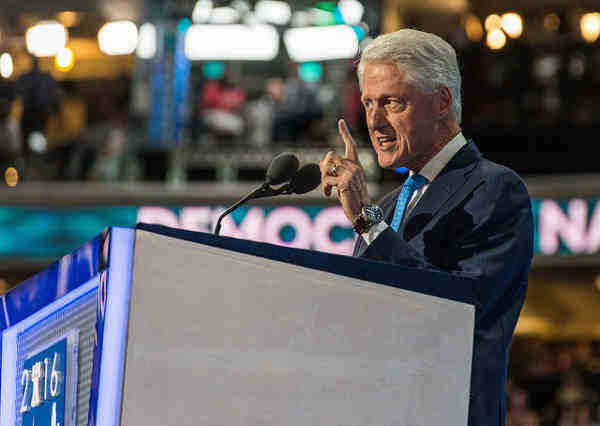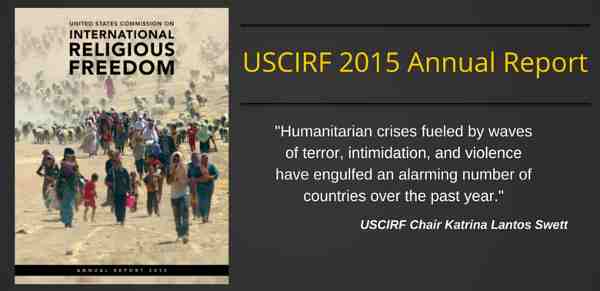Is the U.S. Ready to Deal with Ebola Epidemic?

President Barack Obama met with his senior health, homeland security, and national security advisors Monday to review the United States’ response to the Ebola epidemic.
The participants discussed the Ebola case in Dallas, Texas; the United States’ broader preparedness plans; and both domestic and international efforts to contain and end the epidemic.
Participants also discussed options to enhance airport screening in the United States and the need to tackle Ebola at its source in West Africa, where the United States has launched a civilian-led whole-of-government effort that leverages the capabilities of the U.S. military to help bring the epidemic under control.
Related Stories:
Save the Children Opens Ebola Treatment Center in Liberia
Can Telemedicine Technology be Effective to Treat Ebola?
In remarks following the meeting, according to The White House Blog, the President reiterated that the country’s public health infrastructure is well-prepared to prevent an Ebola outbreak in the United States.
“It is important for Americans to know the facts,” the President said. “Because of the measures that we’ve put in place, as well as our world-class health system and the nature of the Ebola virus itself — which is difficult to transmit — the chance of an Ebola outbreak in the United States is extremely low.”
What Is Ebola?
Ebola is a disease caused by an ebolavirus. Ebola symptoms start a few days after contracting the virus. These include fever, sore throat, muscle pain, and headaches.
Typically, vomiting, diarrhea, and rash follow, along with decreased function of the liver and kidneys. Around this time, affected people may begin to bleed both within the body and externally.
The virus may be acquired upon contact with blood or bodily fluids of an infected human or animal.
From Wikipedia
As President Obama said, there are now procedures in place to rapidly evaluate any person who may be showing symptoms of Ebola. He also noted that while thousands of travelers have come to the U.S. from West Africa in recent months, only one case of Ebola has been diagnosed in our country.
At the same time, he made it clear that Ebola is still a top national security priority, and “not just a matter of charity.”
In a fact sheet released Monday, the White House detailed U.S. public health officials’ efforts to prepare and fortify the national health infrastructure in order to quickly and effectively respond to domestic Ebola cases, to ensure that an outbreak doesn’t happen in the country.
These efforts include:
- Enhancing surveillance and laboratory testing capacity in states to detect cases; in the last three months, 12 Laboratory Response Network labs have been validated to perform Ebola diagnostic testing throughout the United States
- Authorizing the use of a diagnostic test developed by DoD to help detect the Ebola virus
- Providing guidance and tools for hospitals and health care providers to prepare for and manage potential patients, protect health care workers, and respond in a coordinated fashion
- Developing guidance and tools for health departments to conduct public health investigations
- Providing recommendations for health care infection control and other measures to prevent disease spread
- Disseminating guidance for flight crews, Emergency Medical Services units at airports, and Customs and Border Protection officers about reporting ill travelers to CDC
- Providing up-to-date information to the general public, international travelers, health care providers, state and local officials, and public health partners
- Advancing the development and clinical trials of Ebola vaccines and antivirals to determine their safety and efficacy in humans
- Monitoring by the Food and Drug Administration for fraudulent products and false product claims related to the Ebola virus and implementing enforcement actions, as warranted, to protect the public health
- Issuing by the U.S. Department of Transportation, in coordination with CDC, an emergency special permit for a company to transport large quantities of Ebola-contaminated waste from Presbyterian Hospital in Dallas, Texas as well as from other locations in Texas for disposal
The fact sheet also details the stringent passenger screening efforts both at home and abroad, noting that CDC has been working with airlines, airports, ministries of health, and other partners since the beginning of August to assist with the development of exit screening and travel restrictions in countries with Ebola.
All passengers leaving affected countries are screened for Ebola symptoms. Such screenings involve a travel health questionnaire, visual assessment for potential illness, and measuring the passenger’s body temperature. These passengers are subject to additional measures upon arrival in the United States.
Officials are constantly evaluating the effectiveness of these and other potential measures, and will make adjustments as deemed prudent by health professionals and the appropriate U.S. departments and agencies, according to the White House statement.
In the picture above: President Barack Obama meets with members of his national security team and senior staff to receive an update on the Ebola outbreak in West Africa and the Administration’s response efforts.
Photo courtesy: The White House





